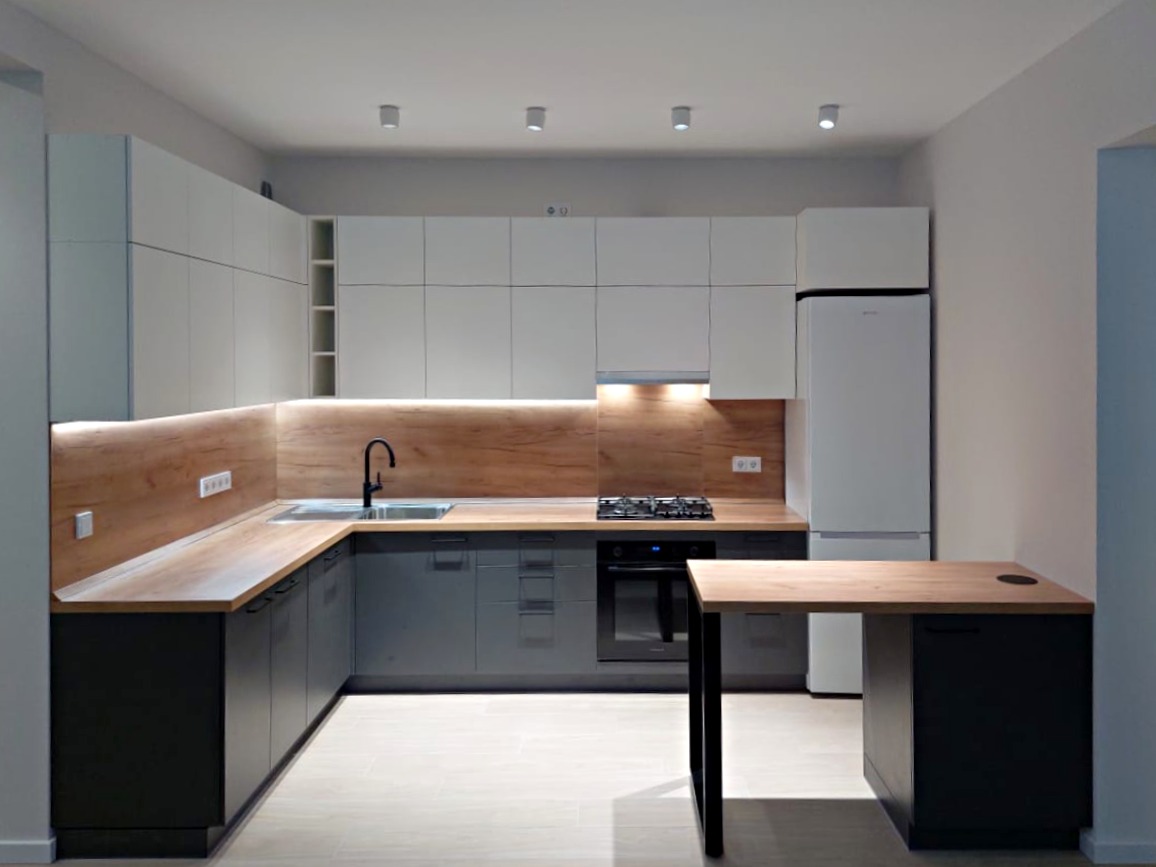Culinary Spaces Redefined Elegantly
Embracing Minimalism
In the quest for redefining culinary spaces, minimalism has taken the forefront. Gone are the days of cluttered countertops and overbearing cabinetry. Today's kitchens are all about simplicity and functionality. Sleek lines, unobtrusive appliances, and a monochromatic palette are the hallmarks of a modern, minimalistic kitchen. It's not just about less being more; it's about everything having a place and a purpose.
Innovative Storage Solutions
With the minimalist approach, comes the need for innovative storage solutions. Custom pull-out drawers, hidden compartments, and multi-functional furniture are revolutionizing the way we store our kitchenware and groceries. Designers are now crafting kitchens that can effortlessly store everything in an accessible and organized manner, often with a touch of elegance, such as integrated wine racks and concealed charging stations for devices.
Technology Integration
The kitchen of the future is here with smart appliances and intelligent systems seamlessly integrated into the culinary space. From refrigerators that can help you keep track of your groceries to ovens that are controllable via smartphone, technology is making cooking and kitchen management easier and more efficient. Lighting, too, has seen an upgrade, with LED systems that can be adjusted to set the mood or provide task lighting at the touch of a button.
Material and Texture Play
Elegant culinary spaces are also characterized by the thoughtful use of materials and textures. Natural stone countertops, hardwood floors, glass backsplashes, and brushed metal fixtures come together to create a tactile experience that is as pleasing to the touch as it is to the eye. The interplay of different materials not only defines zones within the kitchen but also adds depth and interest to the space.
Biophilic Design Elements
Another element in the redefinition of culinary spaces is the incorporation of biophilic design principles. This approach entails bringing elements of the natural world into the kitchen, thereby improving the overall wellbeing of its users. Indoor herb gardens, natural wood accents, and ample sunlight through skylights or large windows can transform a kitchen from a mere room for meal prep into a rejuvenating sanctuary.
Sustainable Practices
Last but not least, sustainability has become a critical component of modern kitchen design. Energy-efficient appliances, eco-friendly materials, and waste-reduction systems are increasingly common in the elegantly redefined culinary space. Homeowners and designers alike are making conscious choices to reduce the environmental footprint of their kitchens, embracing recyclable materials and conservation-focused technologies.
